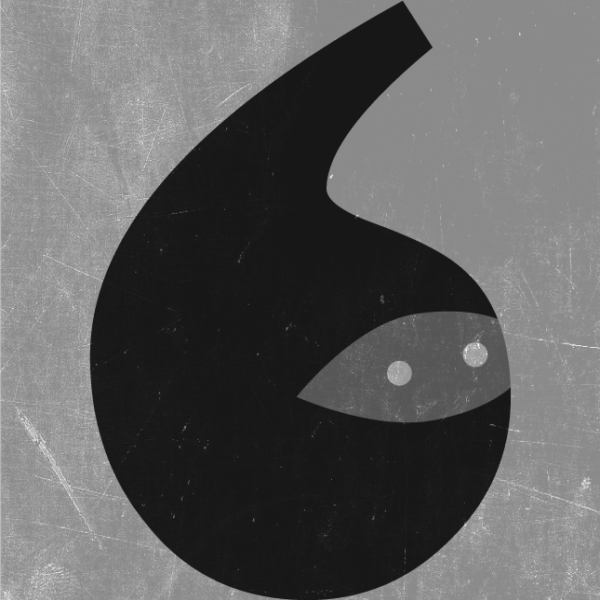On Monday, June 23, the Judicial Police arrested Celso Gamboa on drug trafficking charges in a Texas court in the United States after a report from the U.S. Drug Enforcement Agency (DEA) linked him to the Sinaloa Cartel, el Clan del Golfo, and Colombian criminal groups.
Gamboa is a well-known figure in Costa Rican politics. He served as prosecutor for the province of Limón, deputy minister of security in Laura Chinchilla’s administration, head of the Intelligence and Security Directorate (DIS), and minister of security during Luis Guillermo Solís’s term.
In 2016, he served as a Supreme Court justice and was removed from office in 2018 due to allegations of corruption. Since then, he has worked as a lawyer on various cases.
In May, Costa Rica approved a constitutional reform that allows the extradition of Costa Ricans wanted for legal proceedings in other countries.
Celso Gamboa and Edwin Danney López Vega, alias “Pecho de rata,” could be the first two Costa Ricans extradited by the country.
According to the U.S. police report, Gamboa claimed in 2023 that he had access to cocaine through collaboration with the Rodrigo Chaves administration.
President Rodrigo Chaves denied any relationship between his government and Gamboa, but the arrest of this former official has further strained relations between the presidential and the judiciary branch.
The indictment against Gamboa accuses him of moving cocaine shipments from Colombia to the United States using Nicaragua and Costa Rica as bridges. Alexander and Guillermo Herrera Hernández are two Nicaraguans named in the prosecutor’s report as his partners in the country.
Alexander Herrera Hernández was captured in 2022 and extradited to the United States in late 2024. According to the US report, the brothers paid Gamboa sums of up to $500,000 for the cocaine shipment.
The U.S. Department of Justice considers Costa Rica to be one of the largest drug transit countries in the region due to its geographic location, extensive maritime territory, and limited armed forces.

| Cookie | Duración | Descripción |
|---|---|---|
| cookielawinfo-checkbox-analytics | 11 months | This cookie is set by GDPR Cookie Consent plugin. The cookie is used to store the user consent for the cookies in the category "Analytics". |
| cookielawinfo-checkbox-functional | 11 months | The cookie is set by GDPR cookie consent to record the user consent for the cookies in the category "Functional". |
| cookielawinfo-checkbox-necessary | 11 months | This cookie is set by GDPR Cookie Consent plugin. The cookies is used to store the user consent for the cookies in the category "Necessary". |
| cookielawinfo-checkbox-others | 11 months | This cookie is set by GDPR Cookie Consent plugin. The cookie is used to store the user consent for the cookies in the category "Other. |
| cookielawinfo-checkbox-performance | 11 months | This cookie is set by GDPR Cookie Consent plugin. The cookie is used to store the user consent for the cookies in the category "Performance". |
| viewed_cookie_policy | 11 months | The cookie is set by the GDPR Cookie Consent plugin and is used to store whether or not user has consented to the use of cookies. It does not store any personal data. |